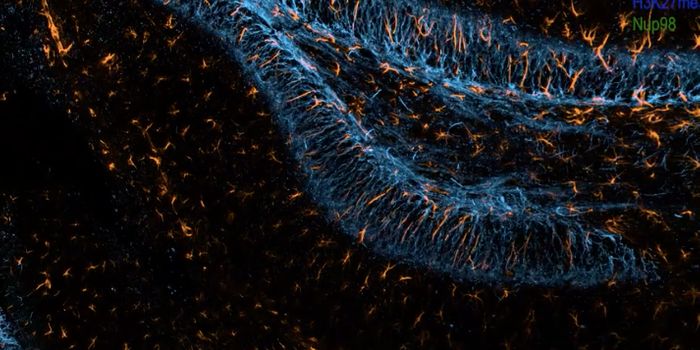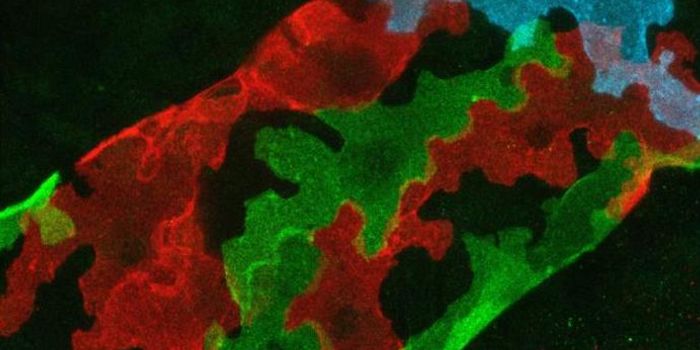Is it Fructan and not Gluten That is Irritating Guts?
Gluten, a compound found in wheat and other grains, has generated a lot of headlines in recent years; it is blamed for disrupting the gastrointestinal tracts of people who experience a range of symptoms. However, some scientists think it is not gluten, but another class of molecules called fructans, that are causing these gut problems. The work, reported in Gastroenterology, raises many doubts about the benefits of a gluten-free diet, as fructan was found to be more likely to cause gastrointestinal symptoms in people who have reported sensitivity to barley, wheat, and rye.
As much as thirteen percent of the population reports discomfort like bloating after consuming foods that contain gluten. The blame may be misplaced, the investigators found. Links have been previously established between symptoms of irritable bowel syndrome and fructans, and the scientists wanted to know whether fructans may be to blame for more minor digestive issues. Learn more from the video.
The researchers recruited 59 people who considered themselves to be gluten intolerant for the study; the participants were given one type of muesli bars and told to report their symptoms. Over the course of several weeks, they ate bars that had gluten, had fructan, or had neither. The participants that got the bars with fructan were the only ones experiencing symptoms. Those that ate bars with neither compound or bars with only gluten did not experience gut discomfort.
"Gluten was originally assumed to be the culprit because of celiac disease, and the fact that people felt better when they stopped eating wheat," said one author of the report, Peter Gibson. "Now it seems like that initial assumption was wrong."
Another recent report found that those following a gluten-free diet may be putting themselves at a higher risk of developing type 2 diabetes. That makes this work especially valuable as gluten-free food products are rapidly gaining in popularity. It may also help explain why people who follow such a diet often cannot relieve all of their bowel issues.
Fructans are a type of fructose compound of various lengths. Those with a short length are called fructooligosaccharides. They can be found in wheat, as well as onions, garlic, leeks, agave, artichokes, and asparagus.
Sources: New Scientist, Gastroenterology





![Everything You Need To Know About NGS [eBook]](https://d3bkbkx82g74b8.cloudfront.net/eyJidWNrZXQiOiJsYWJyb290cy1pbWFnZXMiLCJrZXkiOiJjb250ZW50X2FydGljbGVfcHJvZmlsZV9pbWFnZV9mNTM1ZjIyYzA5MDE5ZmNmMWU5NmI0ZDc4NWU2MzdiZTZlN2I5ZDk5XzE4NDUuanBnIiwiZWRpdHMiOnsidG9Gb3JtYXQiOiJqcGciLCJyZXNpemUiOnsid2lkdGgiOjcwMCwiaGVpZ2h0IjozNTAsImZpdCI6ImNvdmVyIiwicG9zaXRpb24iOiJjZW50ZXIiLCJiYWNrZ3JvdW5kIjoiI2ZmZiJ9LCJmbGF0dGVuIjp7ImJhY2tncm91bmQiOiIjZmZmIn19fQ==)



